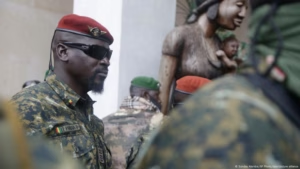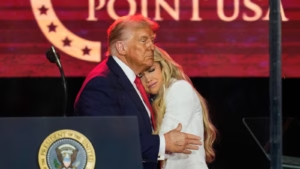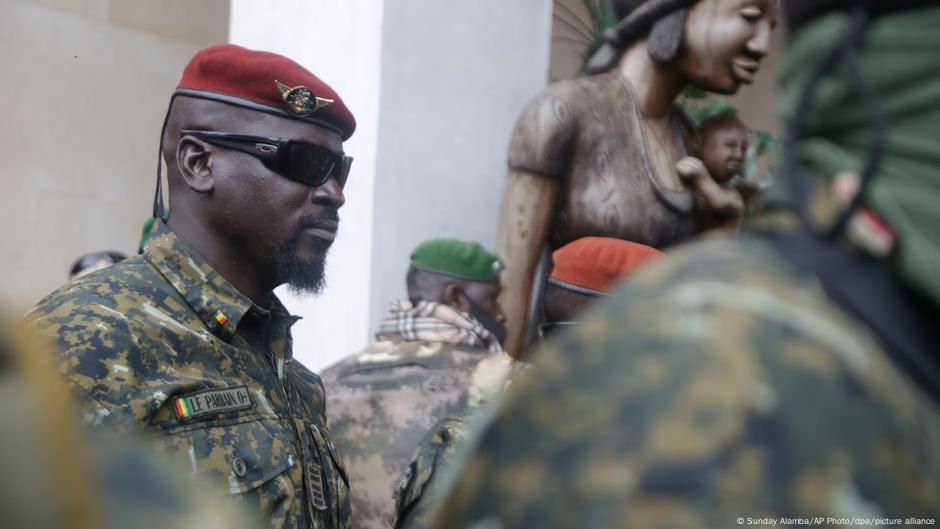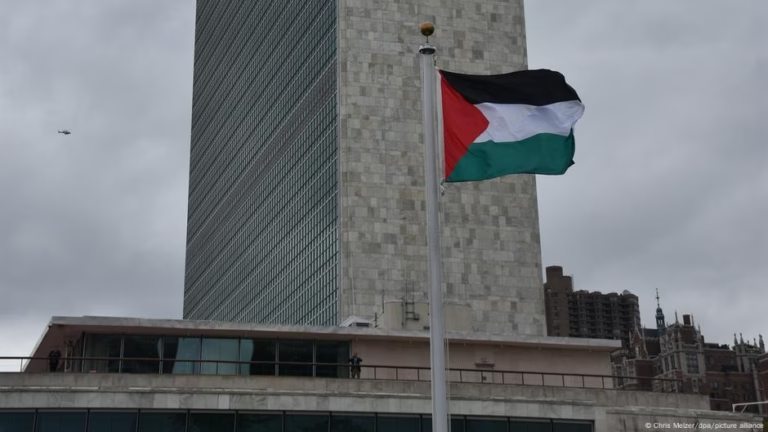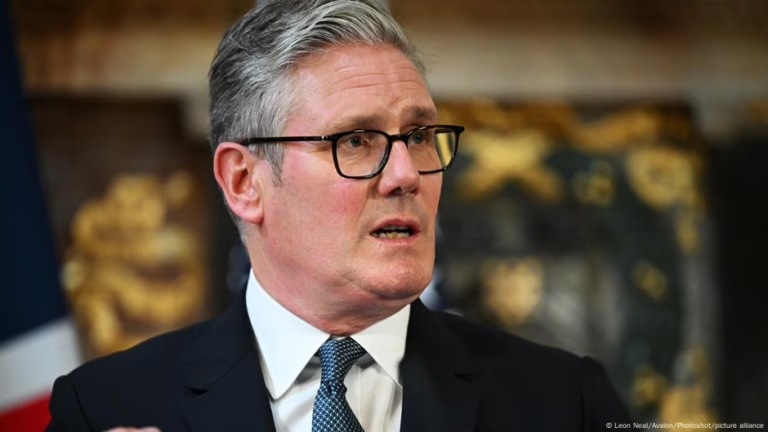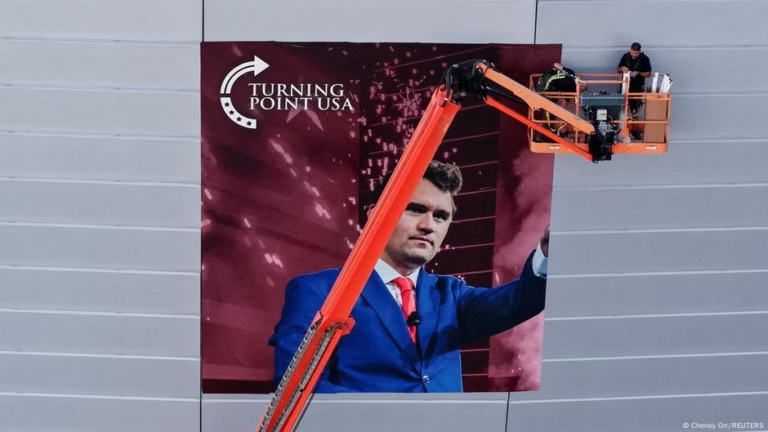General Mamady Doumbouya, who seized power in a coup in 2021, had previously vowed to restore civilian rule by the end of last year. However, there is controversy surrounding the draft constitution, which would allow members of the military to hold office, extend presidential terms, and make it harder for political parties to participate in elections.
Support for the “yes” campaign has been widespread, with numerous rallies, Quran readings, and concerts, as well as posters plastering Conakry.
The opposition’s “no” campaign has been virtually non-existent due to a crackdown on dissent and has mostly been relegated to social media.
Polls are scheduled to close at 6:00 p.m. local time (18:00 GMT), but the electoral authorities have stated that the results will not be known until Tuesday evening at the earliest.
Opposition boycotts vote
The referendum is expected to pass due to the opposition’s boycott. The two main opposition leaders, Cellou Dalein Diallo and deposed former President Alpha Conde, have called for a boycott of the vote. Both of their parties are currently suspended.
Rafiou Sow, president of the suspended Renewal and Progress Party, stated that more than half of Guinea’s population cannot read or write and can only get information about the new constitution from the “yes” campaign. He also mentioned that the opposition has been forbidden from speaking about the constitution, thereby denying them an opportunity to educate Guineans about its contents.
The UN Human Rights Office of the High Commissioner has urged the military authorities to ensure a peaceful and transparent constitutional referendum. It also expressed concerns about the recent bans on political parties and media outlets, which raise doubts about the inclusiveness and free participation for all.
Guinea is among several West African countries, including Mali, Niger, and Burkina Faso, where the military has taken power and delayed the return to civilian rule. These leaders have sought to cut ties with their former colonizer, France, in favor of relations with Russia.
Edited by: Dmytro Hubenko

